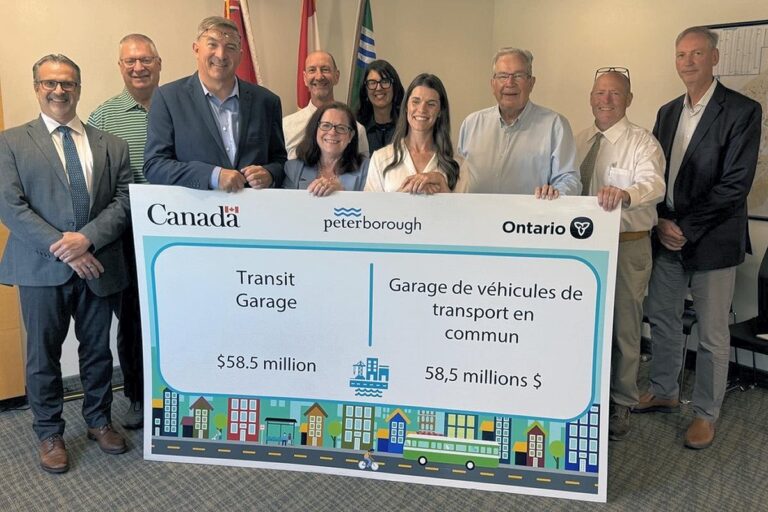The Residential Construction Council of Ontario (RESCON) is disappointed at an Ontario Divisional Court ruling today which indicates that the provincial government erred in failing to consult the public on changes to Ministerial Zoning Orders, or MZOs.
“MZOs are a very necessary tool because the development approvals process in some municipalities is much too slow,” says RESCON president Richard Lyall. “Projects can get stalled due to duplicative red tape or a bureaucratic logjam. Oftentimes, MZOs are simply the only way for a project to be moved forward.”
Ontario is in a housing crisis. We have the lowest number of housing units per capita of any G7 nation and prices for new builds and existing homes have surged. In July, the average sale price of a detached home in the GTA increased 21.7 per cent. Semi-detached homes and townhouse prices also went up. The lack of inventory has resulted in bidding wars for existing homes and rentals as well.
Ontario is producing an estimated 25,000 fewer homes per year than our demographic requirements. Waiting lists for social housing have never been longer. Thousands of young families can not find homes. Until the system is fixed, MZOs are an appropriate intervention in housing-related situations.
The government introduced Bill 197, and an enhanced MZO, in the face of a rapidly changing pandemic. The aim was to cut red tape and accelerate the development of essential projects that help keep us safe. We can not let red tape put our health and safety at risk.
MZOs serve a purpose in the right circumstances, and it is municipalities that have often requested the Minister of Housing to intervene. They are a critical tool that can be used to support and expedite the delivery of government priorities, including transit-oriented communities, affordable housing, and long-term care homes by removing potential barriers and approval delays. Municipalities are often too slow to update their zoning rules to align with provincial land-use planning policy. This ultimately affects the speed of new housing supply coming to market.
“The use of MZOs is reflective of a systemic problem in the planning approvals process,” says Lyall. “The present system, quite simply, is inefficient and needs to be modernized and digitized. Going forward, we need the entire development and building approvals process to be online. However, we aren’t even close to that happening. Presently, there are too many government agencies and ministries that all have their fingers in the pie, which only bogs down the approvals process.”











